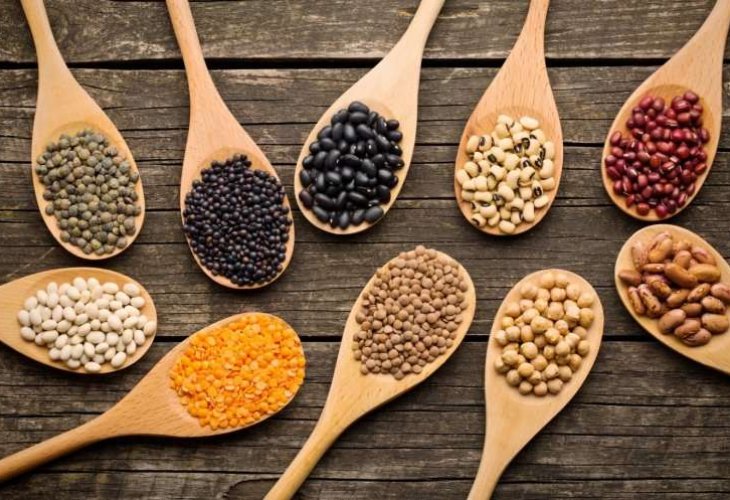Health and Nutrition
Crafting a Protein-Packed Meal Plan: Simple Steps for a Balanced Diet
Proteins play a crucial role in muscle and bone health. Discover which foods are protein-rich and vegetarian-friendly options!

Part of maintaining a healthy and balanced diet includes consuming enough protein. Proteins, made up of amino acids, are essential building blocks the body needs to function properly. While some amino acids are produced naturally by the body, others must be obtained through an appropriate diet.
Typically, a person should consume about 0.8 grams of protein per kilogram of body weight daily. However, individuals who exercise regularly require more protein throughout the day. A healthy individual is advised to consume 20–25 grams of protein after physical activity to effectively support muscle growth.
Protein also provides a longer-lasting feeling of fullness. While carbohydrates offer quick but short-lived satiety, proteins digest more slowly, extending the sensation of being full.
Animal-based proteins—found in meats, eggs, and dairy—are particularly beneficial because they contain a complete mix of amino acids essential for tissue building. Plant-based proteins, however, often lack some of these amino acids. Therefore, those following vegetarian or vegan diets should significantly increase their plant protein intake and may occasionally consider protein supplements to ensure adequate nutrition.
Nonetheless, it is important to note that many plant-based foods are rich in protein and can easily be incorporated into daily meals. Grains such as wheat, oats, buckwheat, rice, quinoa, and others contain relatively high amounts of protein (though their primary component is carbohydrates). Legumes are also excellent protein sources. One often undervalued legume is the peanut, which is rich in protein. Peanuts can be consumed as natural peanut butter—preferably without added sugar or salt and ideally without hydrogenated fats. Nuts such as walnuts, pecans, and cashews, along with seeds like flax, chia, and sesame, also provide significant protein, though they should be eaten in moderation due to their high fat content.
What to Eat to Get 20g of Protein
Below is a diverse list of foods that each provide approximately 20 grams of protein. These are healthy protein options you can easily add into your day, whether you're planning meals or looking for quick ways to boost your intake. Note that foods with similar protein content may contain very different calorie amounts, which are listed in parentheses.
Grains
7 slices of rye bread (390 calories)
3 cups of cooked quinoa (615 calories)
1.5 cups of oats (640 calories)
Animal-Based Foods
90 g chicken breast (100 calories)
1 can of tuna in water, drained (120 calories)
3 eggs (270 calories)
200 g cottage cheese (200 calories)
500 ml yogurt (200 calories)
Legumes
120 g tofu (200 calories)
1 cup cooked lentils (211 calories)
120 g soy schnitzel (250 calories)
3 cups soy milk (266 calories)
3 tablespoons natural peanut butter (460 calories)
Nuts and Seeds
100 g chia seeds (440 calories)
100 g cashews (600 calories)
100 g almonds (690 calories)
6 tablespoons raw tahini (654 calories)
Stay healthy!

